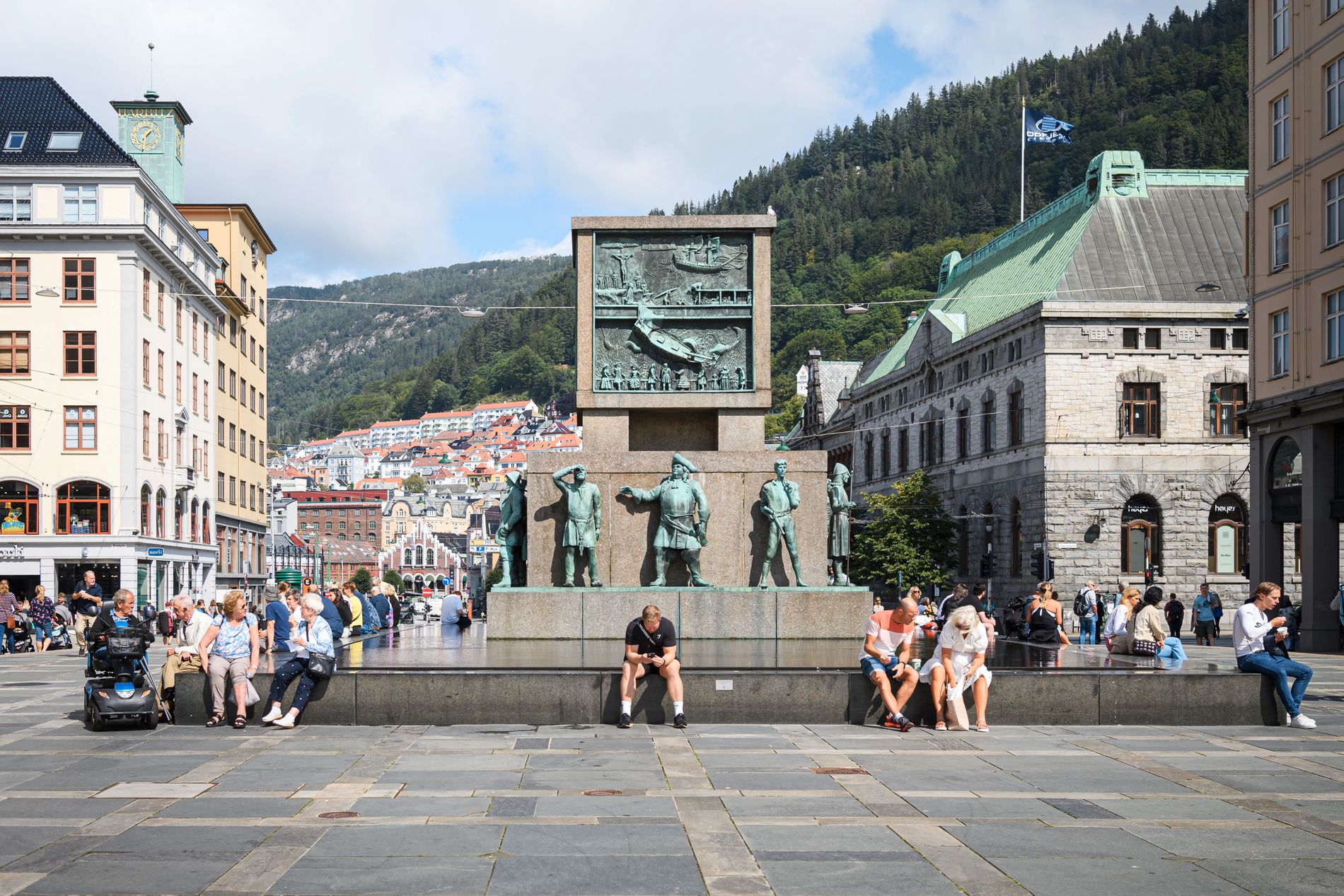They take care of our food and for that reason already have a leading role in society – yet they still lack recognition. At least that is the mood in agriculture. The balancing act between demands, demands and everyday life is becoming increasingly difficult on the 7,500 farms in Lower Franconia.
This became clear at the harvest press conference of the Bavarian Farmers’ Association (BBV) a few days ago in Untermerzbach (district of Haßberge). BBV District President Stefan Köhler outlined with a dash of self-irony how the farmers in the region feel: They always find something to complain about.
His statement referred to the archenemies of many farmers: politicians with no practice and overzealous conservationists. The dispute over the restrictions due to the fertilizer ordinance and insect protection and, most recently, the protests around the peasant movement “Land creates connection” have become the height of frustration.
Actually, the farmers, at least in Lower Franconia, don’t have that much reason to complain: This year there will probably be the best harvest in three years, said Köhler. The bottom line is that the increase in rain compared to previous years was a blessing.
A bit of a curse too, because, according to the BBV, some fields in the region have been downright destroyed by the large amount of water in recent weeks or made impassable for agricultural machinery. In addition, there is fungal attack as a result of the moisture, such as the Ramularia disease in winter barley, as BBV chairman and crop cultivation consultant Robert Bohla in Untermerzbach explained.
If the imponderables of the weather are in the nature of a farmer’s everyday life, the political imponderables obviously do not. What Brussels, Berlin and Munich decide, “makes our young people doubt whether they are on the right track,” complained BBV district president Köhler with a view to the offspring in the companies.
At least he didn’t address one person: Felix Reisenweber. The 20-year-old is unwavering to take over his father Dieter Reisenweber’s farm in Untermerzbach in a few years. Felix is expected to complete his apprenticeship as an agricultural master in 2023. He is an example that the age-old skills of farmers are still popular in parts of the youth today.
Bavaria: Apprenticeship relationships among farmers are declining
And that, although the bare numbers spread a more subdued mood. In Bavaria, for example, there are fewer and fewer apprenticeships among farmers. After a high in 2016 (1495), it was 1317 in 2019. There is hardly any other green occupation like this.
This emerges from statistics that the Bavarian Ministry of Agriculture released last year in response to a request from members of the state parliament. According to this, the number of apprenticeships filled in the agricultural sector in Lower Franconia fell by 15 percent to 79 between 2016 and 2019.
Felix Reisenweber doesn’t care about any of this. He says he has been convinced of the farmer’s profession since he was a child. A job that today gives him a seven-day week and a working day from 6 a.m. to sometimes 10 p.m. in busy times.
Young farmer Felix Reisenweber: And still time for football
Hobbies take on a new status. With Felix it’s football. As a right winger at SVM Untermerzbach, he plays in the A-class. In an away game with a return trip, half a Sunday is required. “I somehow get my sleep,” is how Felix describes the contrast between work and leisure.
Fertilizer ordinance, insect protection, poor image of the protesting farmers in parts of the population: this has not dampened the euphoria for the job for the young Untermerzbacher. Felix Reisenweber says that the environment in agriculture has become rocky.
“Work is fun every day.”
Farmer Dieter Reisenweber–
When things get difficult in everyday life, his father Dieter is still at his side. The 53-year-old took over his parents’ farm in 1996. “When Felix has a family of his own,” he wants to hand over the farm, with its 170 hectares of arable land and 80 dairy cows, to his son, piece by piece.
Farmer Dieter Reisenweber generates an average annual turnover of 350,000 euros. That has hardly changed in the past. He doesn’t want to complain. Because: “The work is fun every day.” If it weren’t for politics.
Agriculture in Lower Franconia
Lower Franconia is a grain country: With 68,000 hectares (2019: 82,000), wheat dominates cultivation in the region, followed by barley with 38,000 hectares (50,000) and spelled with 22,000 hectares (11,000). According to the farmers’ association, oil crops such as rapeseed, sunflowers and soybeans cover almost 29,000 hectares (19,000) in Lower Franconia. Silage maize with 26,000 hectares (27,000) and sugar beet with 17,000 hectares (18,000) of cultivation area follow in the squares.
Prices in the store: The prices for food will probably not change due to this year’s harvest, said BBV district president Stefan Köhler. Because the yields in Lower Franconia would rise in the large round of the nationwide harvest, so that an effect on prices in the region is not understandable.
7500 farms there are according to BBV information in Lower Franconia. This number will decrease by about 3 percent per year. 65 percent of the farmers run their farm as a sideline, the rest full-time.
aug
–
–


